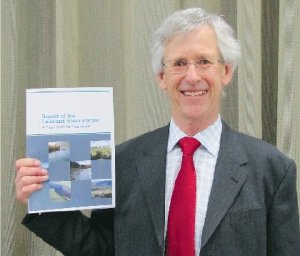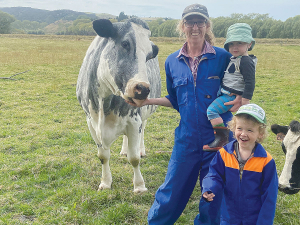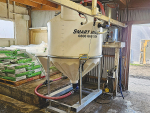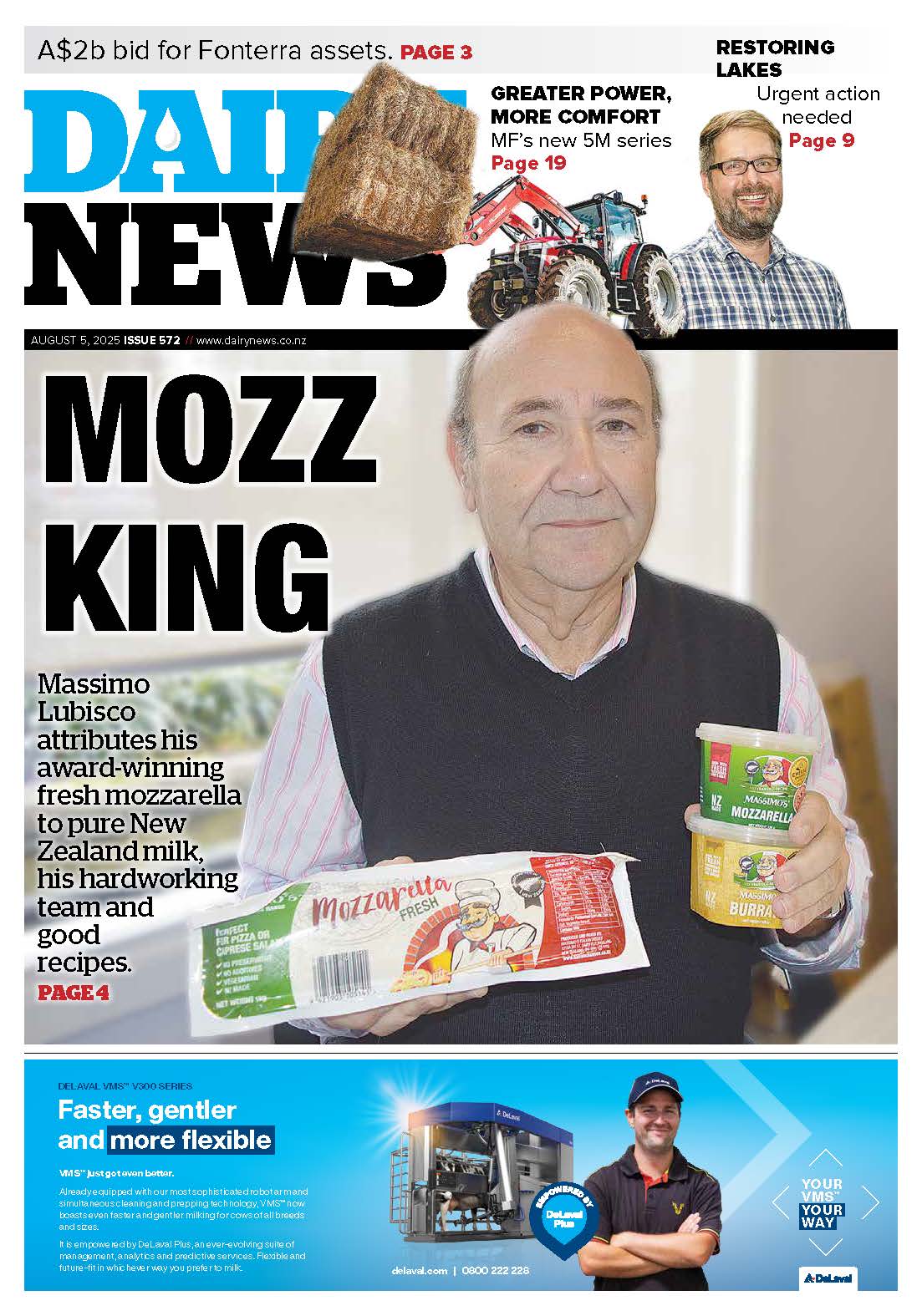The LAWF report on fresh water management is now with the ministers for primary industries and the environment for them to consider. LAWF involves all the major stakeholders in fresh water management, such as farmers, horticulturalists, power generators, iwi, environmental groups and local government, working together to try and resolve some contentious issues.
Chairman Alastair Bisley says it’s a small miracle 55 stakeholders including Fonterra, DairyNZ and Federated Farmers and others have agreed on a range of recommendations on how to manage fresh water better. LAWF wants national and regional guidelines to better manage fresh water.
“We’ve said rivers ‘need to be alive’ so are suggesting a series of national bottom lines relating to water quality which would work across the different types of waterways to ensure the rivers’ ‘mana’ is respected and that human health would not be endangered. Then we are saying local communities need to have input into their local catchments.”
The report suggests changing the way decisions are made. Bisley says the present system, whereby regional councils write a plan and consult, is limited because so many unresolved issues end up in the Environment Court. LAWF proposes a ‘collaborative’ approach with community input from groups, including farmers and their organisations, involved in developing plans and guidelines right at the start of the process.
LAWF is suggesting that in setting national ‘bottom lines’ or guidelines, the collaborative approach would also apply. This would mean while government policy makers would be involved in the process, they would not have the absolute power they have had in the past.
“We think that by empowering farmers to be a part of the decisionmaking process, we are suggesting something better than before that will draw on their knowledge and expertise as well others.”















